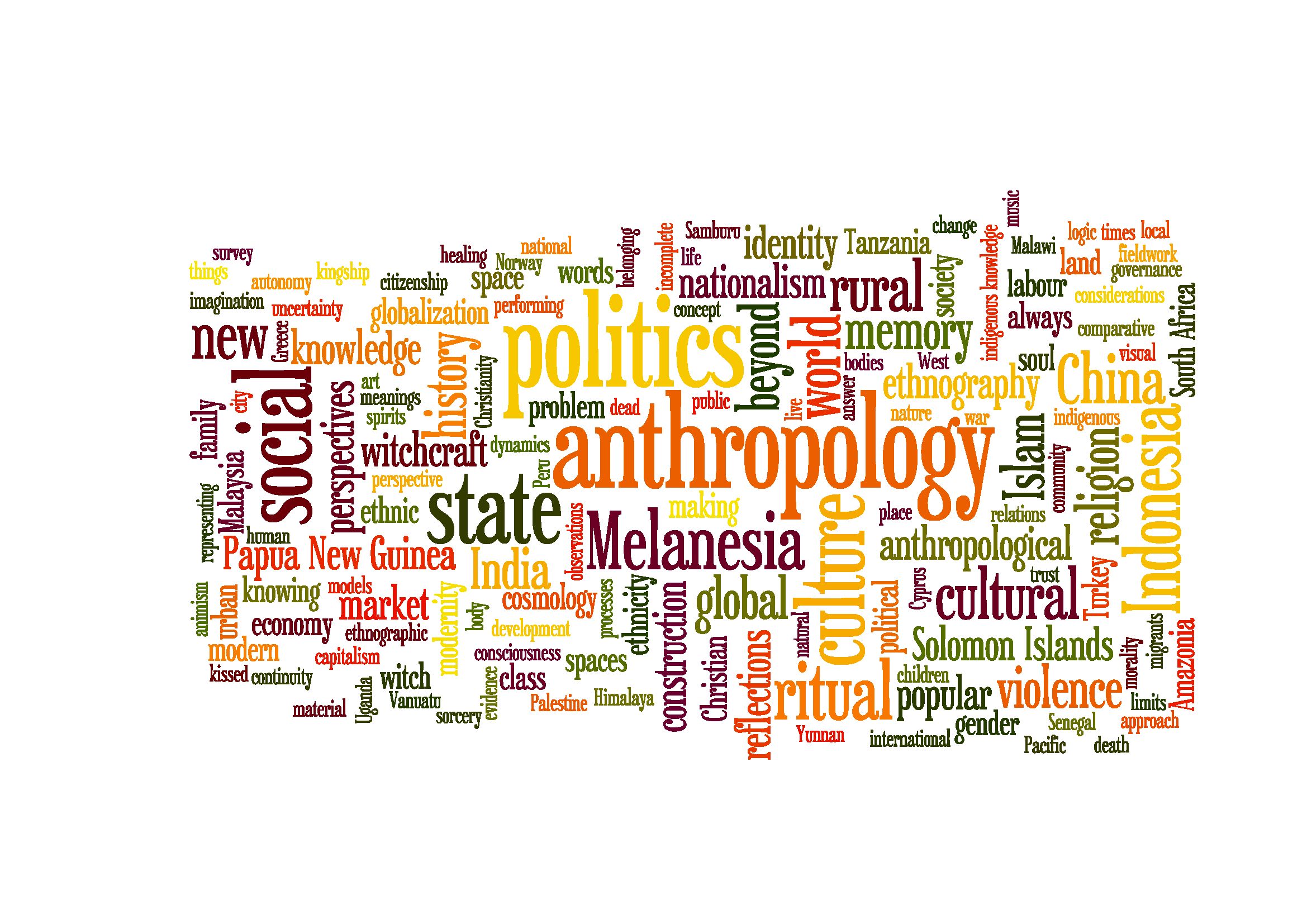Anthropology as a social science discipline studies anthropo’s or man and his society and culture. Its subject matter traditionally consists of primitives and tribals. The scope includes two dimensions: the objectives or aims of the discipline; and the subject matter covered by it.
The general understanding of social anthropology is that it tries to study human societies all over the world. This meets the objective of studying the society. Secondly, by employing the comparative method, social anthropology finds similarities and differences in diverse societies.
Identification of these similarities helps us construct universal anthropological theories which will enable us understand the human society.
ADVERTISEMENTS:
This objective of social anthropology becomes all the more relevant in the context of the accelerating processes of localization and globalization. In any projection towards the building of a world society, social anthropology has enough to contribute.
At this stage of discussing the scope of social anthropology we must address one question to ourselves: If we accept that social anthropology, notwithstanding India, European continent or the US, studies the primitive peoples and if these primitive peoples become extinct from the social map of world in the context of the all-embracing changes, what would anthropology study?
In other words, if there are no tribals in India, what would social anthropologists do? Whom will they study? The question is relevant and is very much concerned with the scope and subject matter of social anthropology today.
ADVERTISEMENTS:
Let us take the problem of the scope of social anthropology as is addressed to us. What has become of the peoples first explored by anthropologists during colonialism? Nearly all of them are, to varying degrees, integrated into the wider economic, cultural and political systems.
It is reported that the Trobriand islanders, whom Malinowski studied in the first quarter of the 20th century, have now adapted themselves to the process of modernization on their own terms.
Modernization has led to changes in political organization: in the economy and in the politics of identity, but both the kinship system and the system of ceremonial exchange still function, even if they do not have the same meaning as before.
In India, the Toda, Gond, Khasi and Bhil tribes have embraced new political and economic systems unleashed by the national government. It appears that the tribals today are not the same as they were fifty years back.
ADVERTISEMENTS:
The situation is very complex and we have to examine the scope of social anthropology in this new context.
Admittedly, social anthropology cannot be ‘sold’ in the academic market where it is not relevant in understanding the reality of society. It is also in the interest of social anthropology that it does not remain only ‘a veiled discipline’ closing its eyes to the society’s demands and expectations.
At the outset, we would like to observe that the subject matter and scope of social anthropology have never been conservative, not will to change, quite static and sterile. It has always been changing. In this chapter, we shall discuss the scope of social anthropology with these perspectives in view.

